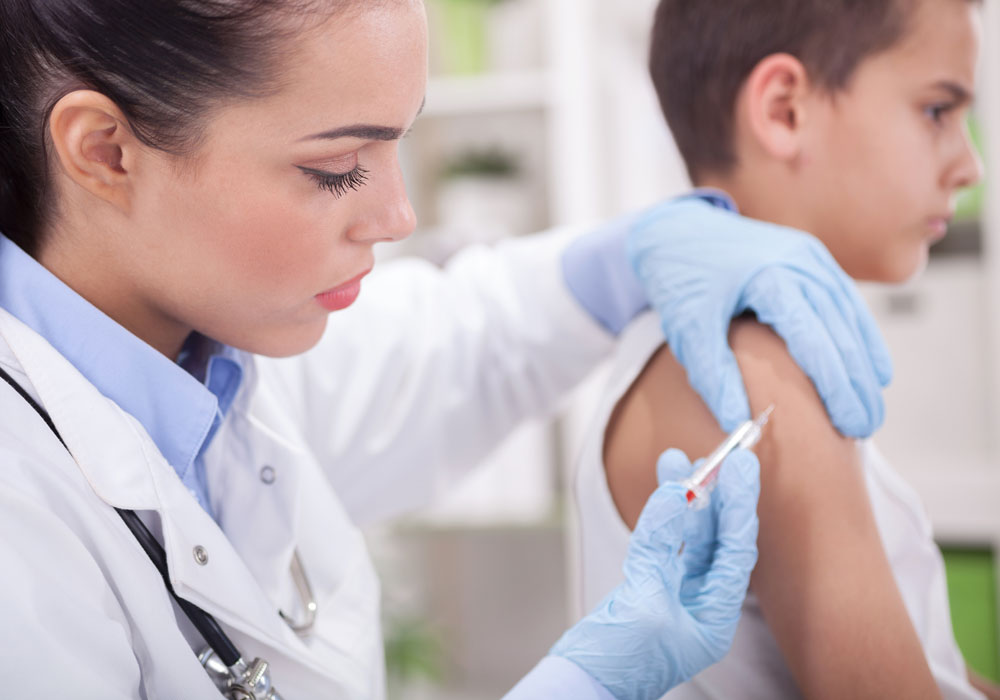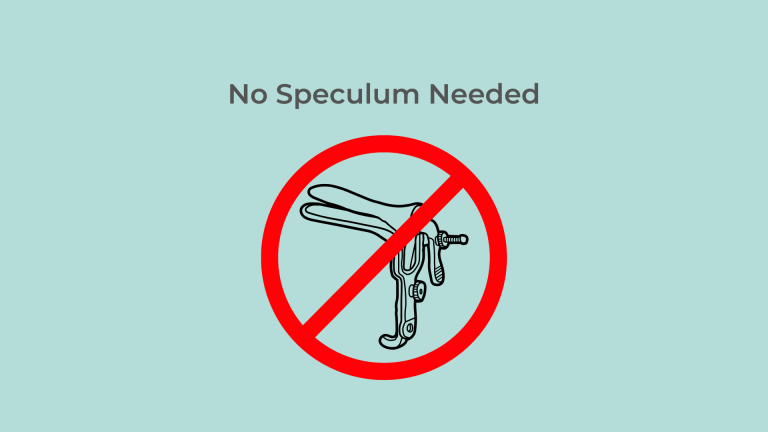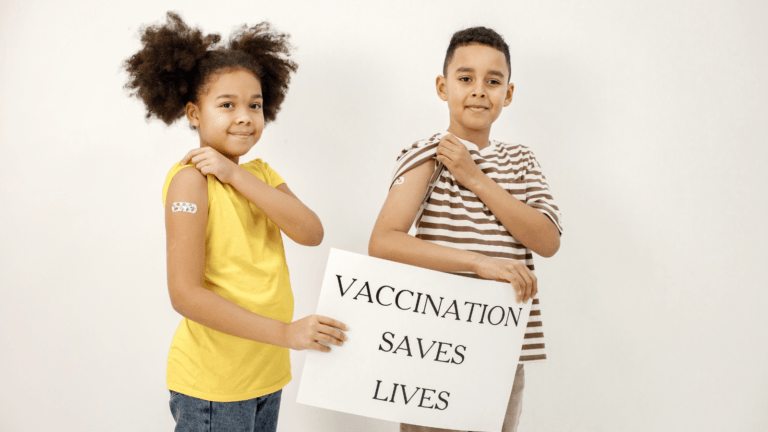
One and Done? New Study Suggests that One Dose of HPV Vaccine May Be Enough
The results of large-scale study of HPV suggest that one shot of the vaccine may be enough to protect young people from HPV and related issues like cervical cancer.

The results of large-scale study of HPV suggest that one shot of the vaccine may be enough to protect young people from HPV and related issues like cervical cancer.

You have probably heard that HPV can cause cervical cancer. But did you know that it can also cause cancers of the mouth, tongue, and throat?

There are over 100 different types of human papillomavirus, or HPV. Some types of HPV can cause genital warts and other types can cause cancer, including cancer of the cervix, vulva, vagina, penis or anus, as well as cancer in the back of the throat.

In the U.S., HPV infections are estimated to cause about 37,300 cases of cancer. The HPV vaccine can prevent over 90% of these cancers from ever developing.

There’s a new way to screen for cervical cancer. With self-collection, you can take a sample of cells from your vagina. You still have to go to your provider’s office, but there’s no pelvic exam, stirrups, or speculum involved.

For the second year in a row, HPV vaccination rates among teens have not gone up according to the Centers for Disease Control and Prevention (CDC).

We know that one important way to raise awareness about HPV-related cancer in men is by sharing stories of those who have experienced it. Here we share stories from three men on their experiences with HPV-related cancer.

HPV-related throat cancer is now the most common HPV-related cancer in the U.S. Learn more about symptoms, treatment, and prevention from D r. Michael Moore.

About 4 out of 10 HPV-related cancers occur in men, which means that about 15,000 men get cancers caused by HPV each year.

An exciting new study in Scotland found no cases of invasive cervical cancer in young women who had gotten the HPV vaccine by the time they were 14.
ASHA believes that all people have the right to the information and services that will help them to have optimum sexual health. We envision a time when stigma is no longer associated with sexual health and our nation is united in its belief that sexuality is a normal, healthy, and positive aspect of human life.
ABOUT
GET INVOLVED
ASHA WEBSITES
GET HELP
© 2025 American Sexual Health Association